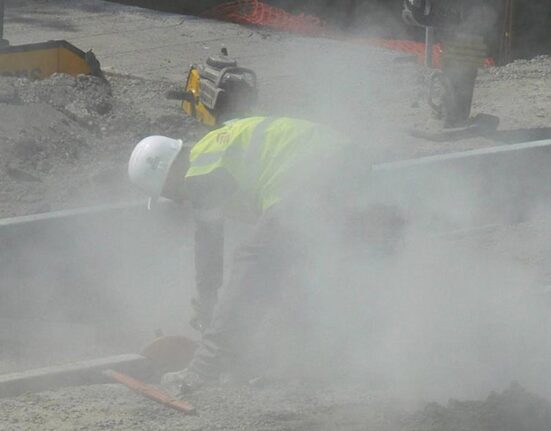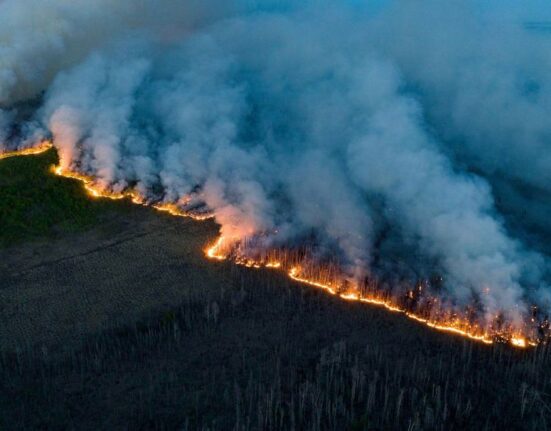In a not-so-surprising turn of events on June 3, 2025, the Trump Administration stirred up a hornet’s nest with its latest executive order that sent shockwaves through the scientific community. The White House, known for its policy pivots and bold decisions, took a dramatic step by issuing an order aimed at overhauling science funding mechanisms across federal agencies and national laboratories.
The directive masquerades under the noble banner of ‘restoring a gold standard for science.’ Sounds promising, right? Well, not quite. What seems like an innocuous effort to elevate scientific standards has morphed into a full-blown controversy that has polarized opinions across the country.
“Gold Standard” Science: A Double-Edged Sword
President Trump’s order places political appointees at the helm of vetting scientific research and grants them sweeping powers to ‘correct’ scientific information as they see fit. This newfound authority also extends to controlling how scientific findings are disseminated to the public and even wielding disciplinary measures against dissenting voices within the scientific community.
The Backlash Begins
Unsurprisingly, this audacious move didn’t sit well with scientists, academics, physicians, researchers, and various other stakeholders deeply invested in preserving scientific integrity. The outcry was swift and resounding – more than 6,000 concerned individuals penned their names to an open letter denouncing the order as a grave threat to scientific independence.
A Race Against Time
With agency heads given a tight deadline of 30 days to fall in line with the new directive, tensions are running high. The looming specter of bureaucratic interference looms large over research institutions nationwide as they grapple with navigating this uncharted territory.
Science Under Siege
Ever since President Trump’s return to office earlier in the year, his stance on science has been met with skepticism. Critics argue that his administration’s track record lacks substantial support for scientific endeavors or an appreciation for the nuanced workings of the scientific community.
As debates rage on about the implications of this seismic shift in science governance, one thing remains clear – uncertainty hangs heavy in the air as stakeholders brace themselves for what lies ahead.
While some view this move as a long-overdue correction aimed at optimizing research outcomes and aligning them with governmental priorities…
Others fear it marks a dangerous precedent that could jeopardize decades of hard-won progress in establishing robust safeguards for independent scientific inquiry.
Amidst all this turmoil and uncertainty stands one undeniable truth – science finds itself standing at a crossroads where its very essence is being put to the test. Will it emerge stronger from this crucible of change or find itself shackled by political agendas? Only time will tell how this gripping saga unfolds.









Leave feedback about this